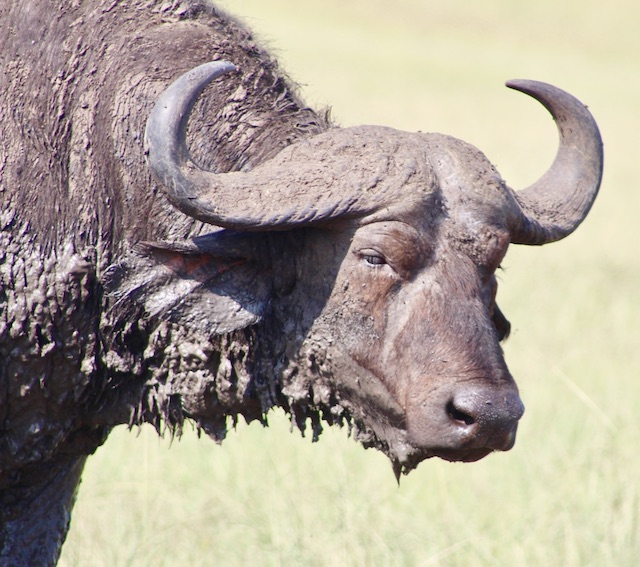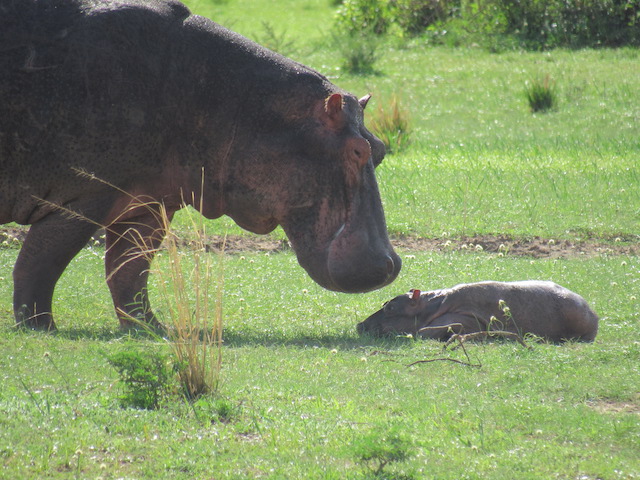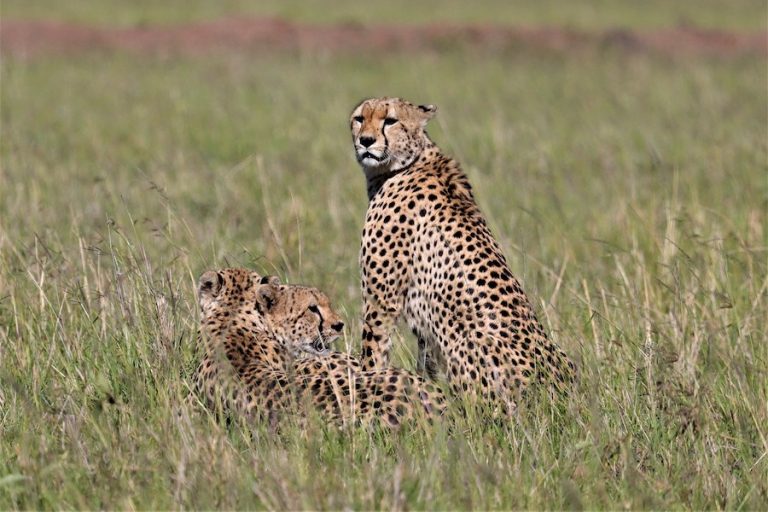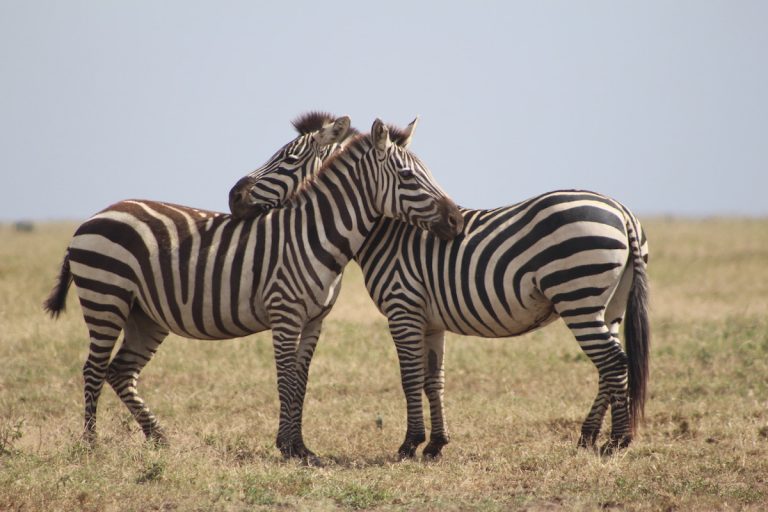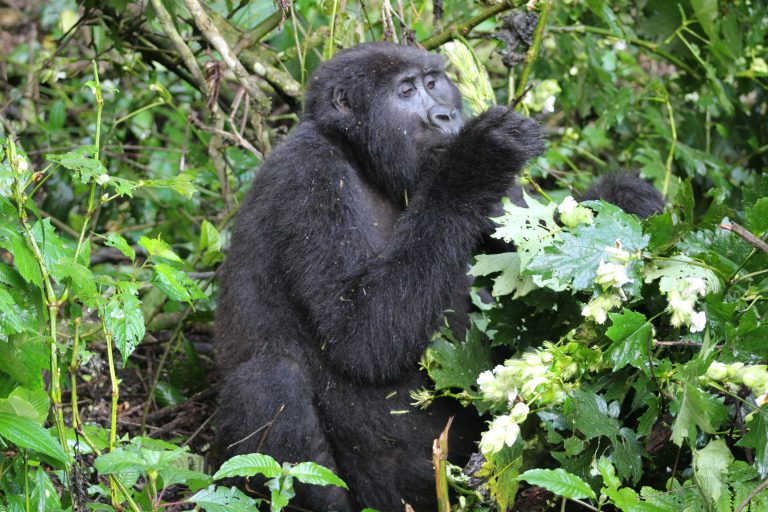Kenya is a popular safari destination with amazing safari destinations which are safe to visit. Thousands of tourists from around the globe visit Kenya’s great wildlife reserves each year, including the Masai Mara, Samburu, Amboseli, and Laikipia. The game-viewing in Kenya’s national parks and reserves is spectacular all year, the people are pleasant, and the logistics are simple.
Kenya is a secure destination but like any large cities, there are pockets of crime some government travel advisories warn travelers of the possibility of terrorism. A little common sense goes a long way in Kenya – just like in all destinations to avoid street scammers and pick pockets etc. Here are some of the things you should know if you want to have a safe stay in Kenya;
Crime Rate in Kenya
Crime in Kenya is frequent in major towns, coastal beach resorts, northern Kenya (including the North Eastern province), the northern parts of the Eastern, Coastal, and Rift Valley provinces, and the north of Malindi. Still, there’s no need to be suspicious and adjust your trip plans. Being aware of this, simply follow the instructions of your government. Keep your valuables out of sight, only carry the amount of cash you’ll need for one day, and don’t go alone at night.
Kenyan authorities deal with the international terror threat in the same way as other US and UK partners do. Strict security at airports and visible policing in public places such as shopping malls and outdoor markets ensure that visitors to Kenya are safe.
The national border separating Kenya’s Masai Mara and Tanzania’s Serengeti is marked by simple stone cairns in this location since it is so calm and tranquil. From the Mara, you can view the Serengeti, and millions of wildebeest traverse this route every year on their yearly migration.
Check the news and ask locals, your guide, or hotel staff about any escalating tensions. Problems could become out of hand anytime. Having a thorough understanding of what’s going on in the country might make your visit a lot more intriguing and comfortable.
Tourists are rarely targeted in Kenya’s game reserves and national parks. Police and security forces are present in these places, and if your safari guides advise you to close your windows and store your camera and other valuables when going through a hamlet, do so, as the occasional snatch and grab occur.
Food Hygiene in Kenya
When you go on a safari to Kenya, you can be confident that the food will be of the finest quality and local delights will astound you. If you’re going through cities and towns, it’s a good idea to be more mindful of your food choices, such as meat, unpasteurized dairy products, and raw foods like fruits and salads that can’t be peeled. A good rule of thumb is to always choose well-cooked meals and to use your discretion when it comes to the sanitation and hygiene of any restaurant you visit.
You can relax while on safari at top lodges and safari camps and have your meals there. And if you like to eat outside your lodge or camp, there are important sources of personal recommendations for where and what to eat, ensuring that your travel trip is seamless from beginning to end.
Is Tap Water in Kenya Safe for Drinking?
Visitors are advised to always drink bottled water which is inexpensive and widely available. Many safari lodges, campgrounds, and hotels will supply complimentary bottled water in your room, safari tent, or when you go on game drives.
Depending on where you stay, you will be given a reusable bottle that may be filled with filtered water whenever you need it. We also recommend that you brush your teeth with bottled water, especially if you live in a city or town.
Malaria & Other Health Travel Tips in Kenya
Before traveling to Kenya, make sure you have all of your usual immunizations up to date. Like in most African countries, malaria is a serious threat, consult a travel doctor or your primary care physician about taking malaria medications.
Consider the benefits and drawbacks of using them, and stay covered up at dawn and dusk when mosquitoes are most active. Carry any prescriptions you need from home in case local pharmacies are out of stock.
Is Kenya safe for Female Solo Travelers?
Yes, Kenya is safe for female solo travelers, and most of the country is suitable for solo travel in general. The people are nice and welcoming, and English is frequently spoken. As a female solo traveler, it is safe to always follow the same safety precautions you would take everywhere in the globe, such as not roaming alone at night in cities or avoiding desolate beaches.
Because Kenya is primarily a safari destination, many female solo travelers have decided to fly into camps and enjoy shared game drives or group safaris for the social aspect, or to go it alone with a guide.
Is Kenya Safe for LGBTG+ Travelers?
Gay conduct is illegal in Kenya, however many LGBTQ+ individuals and couples travel to Kenya for the adventure of a lifetime. The safari business accepts the LGBTQ+ population with compassion and tolerance, and safety is guaranteed in the country’s top safari sites. The only piece of advice is to keep in mind Kenya’s conservative mentality and avoid public shows of affection.
General Travel Health and Safety Tips for Kenya
Travelers must be cautious when traveling anywhere in the world to prevent unnecessary complications. Here are some general health and safety guidelines when traveling in Kenya;
- Because Kenya is a high-risk malaria destination, you’ll need to see your doctor for a prescription for malaria medicines before you depart.
- When you take your medication, you eliminate the possibility of being unable to find it at local pharmacies.
- Make sure you bring insect repellent.
- Be mindful of your possessions when you arrive in Kenya. Never leave anything unattended, only take out cameras or other valuables when essential.
- When visiting Kenya’s beaches, ensure that your possessions are being observed before going for a swim.
- Keep copies of all your travel documents in your bags.
- Follow your itinerary and be cautious of strangers.
- Photographing official buildings (including embassies) and airports may result in arrest. Before taking any images, seek advice from an authority.

